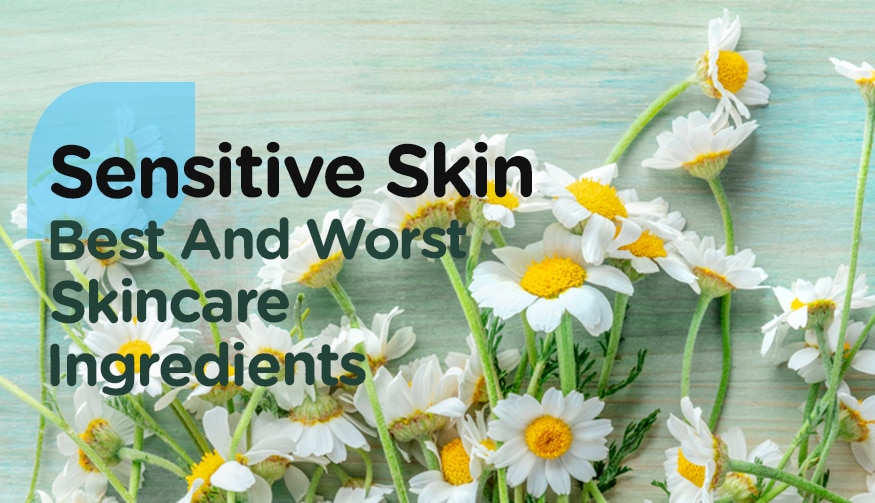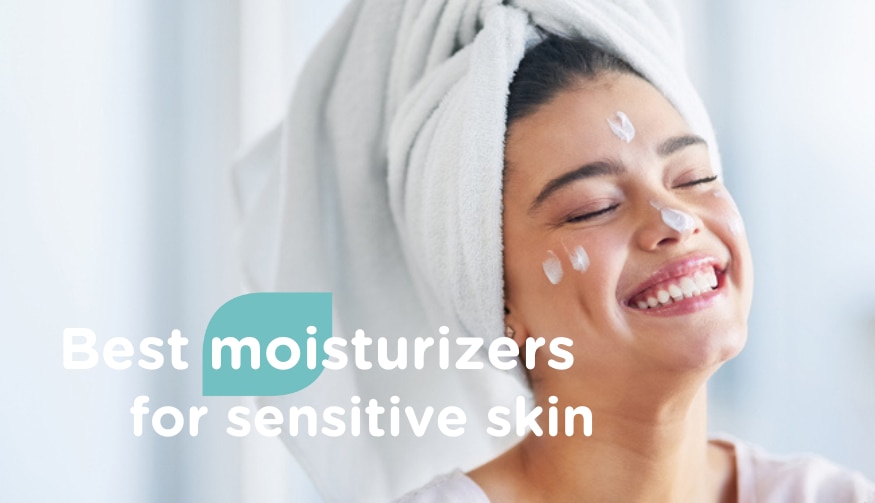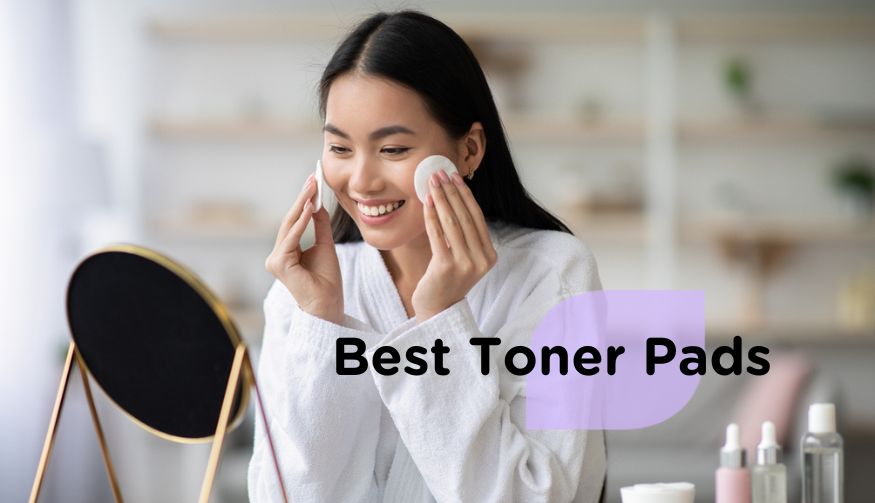When you have sensitive skin, the battle to combat flare-ups seems endless. However it is not impossible for your skin to stay healthy and flourish as long as you know what you should use and should avoid putting on your skin. For most of the time, it’s not the type of products that’s causing irritation, but the ingredients of that specific product are using.
BEST FOR SENSITIVE SKIN
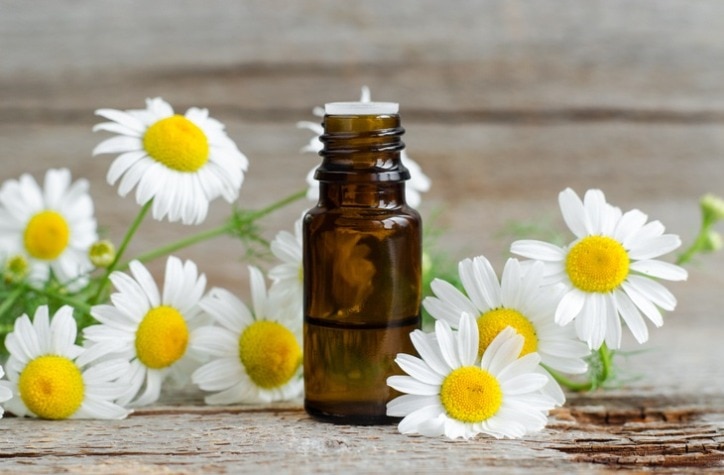
Chamomile extract
Bisabolol extracted from chamomile is a natural and calming ingredient that’s beneficial for comforting sensitive skin. It’s anti-inflammatory and antibacterial abilities are impressive!
Shea butter
A super gentle moisturising ingredient that can soften skin and repair flaky skin condition. It is rich in fatty acids that help create a protective layer on your skin, and vitamins A & E which support skin health and reduce UV damage.
Aloe Vera
The renowned ingredient for treating sunburn is great in soothing sensitive skin too. With its anti-inflammatory and antioxidants properties, aloe vera is very useful in combating itching, irritation and redness.
Calendula extract
The skin-soothing and anti-inflammatory and antibacterial botanical ingredient is something you must look out for is you have sensitive skin. It not only calms irritation but also increases hydration within the skin and stimulates collagen production.
WORST FOR SENSITIVE SKIN
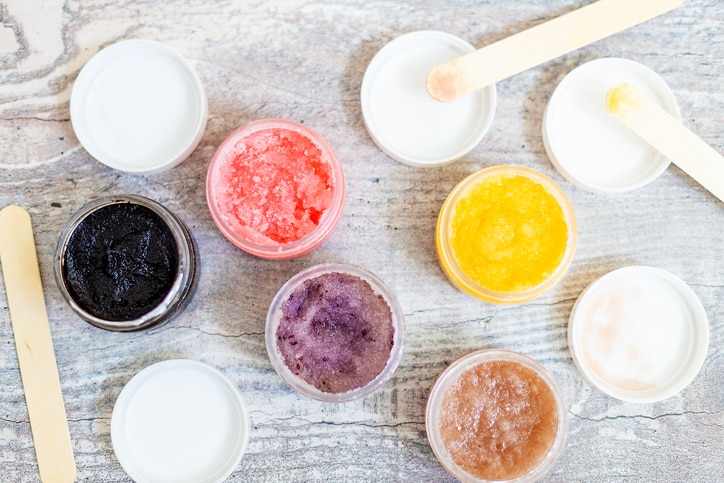
Fragrance
Fragrance, whether natural or synthetic, is one of the most common irritants for sensitive skin. Therefore, it should always be avoided when you are choosing skincare products. Remember, making your nose happy doesn’t mean that your skin is happy!
Sulfates
An ingredient commonly used as cleansing agents in face-wash, body-wash and shampoo. It can strip away the natural oils on your face and leave skin drying out, causing damage to skin barrier. As a result, you may suffer from irritations like redness, flaking or burning.
Alcohol
To be clear, there are bad alcohol and good alcohol for your skin. Avoid alcohols like SD alcohol, ethanol, methanol or ethyl alcohol that are used in skincare products to give a cooling feeling and a quick-drying finish. These alcohols are drying (as you can feel!) and irritating to your skin. The skin’s natural barrier deteriorates as you put on the product.
The good fatty alcohols such as glycol, cetyl alcohol, stearyl alcohol and cetearyl alcohol are completely different in both their looks and properties. They are derived from plants and are usually solid that are used to help emulsify products. They do not harm your skin but help to keep your skin moisture in instead.
Physical exfoliants
Yes, exfoliating your skin helps to clear up dead skin cells and allow your skincare products to penetrate deeper into your skin. BUT! Choose your exfoliants carefully as sensitive skin gets flared-up easily! Physical exfoliants can be too harsh and abrasive for sensitive skin. Chemical exfoliants is a good alternative.








